Special Report
22 Chinese New Year Don’ts -- Unless You Want a Year of Bad Luck

Published:
Last Updated:

There’s no shortage of New Year’s superstitions for good luck, including eating black-eyed peas on New Year’s Day to ensure wealth comes your way, or kissing someone at midnight on Dec. 31 if you want success in the love department. The Chinese New Years, which in 2021 falls on Feb. 12, comes with its own superstitions meant to ensure a healthy and successful year ahead.
While the arrival of the new year is a time of festivity, new year’s superstitions dictate you should avoid certain activities to dodge a year filled with illness, financial struggles, or bad luck.
To compile a list of 22 Chinese New Year superstitions about activities people should avoid, 24/7 Tempo reviewed several sites focusing, among other cultural events, on the Lunar New Year, including Chinese Highlights and Travel China Guide.
Feb. 12 marks the first day of the Year of the Ox, one of 12 Chinese zodiac signs that rotate every year. The ox symbolizes wealth, prosperity, diligence, and perseverance.
Several New Year’s celebrations across different cultures stretch across several days. The Chinese New Year is the longest. Also known as the Spring Festival, celebrations start on the day before the new year and last for 15 days, ending with the Lantern Festival. Here are 26 completely different New Year’s Days around the world.
There are a range of things people should and shouldn’t do in the lead up to Lunar New Year — on the day itself as well as in the next following days.
Click here to see 22 Chinese New Year superstitions

Don’t eat porridge
> Reasoning: Eating porridge brings poverty (because it’s believed that only poor people have porridge for breakfast).
[in-text-ad]

Don’t wash your hair or clothes
> Reasoning: You’d be washing away good luck and fortune. (The Chinese character for “hair” is the same as the first character in the word “prosper”).
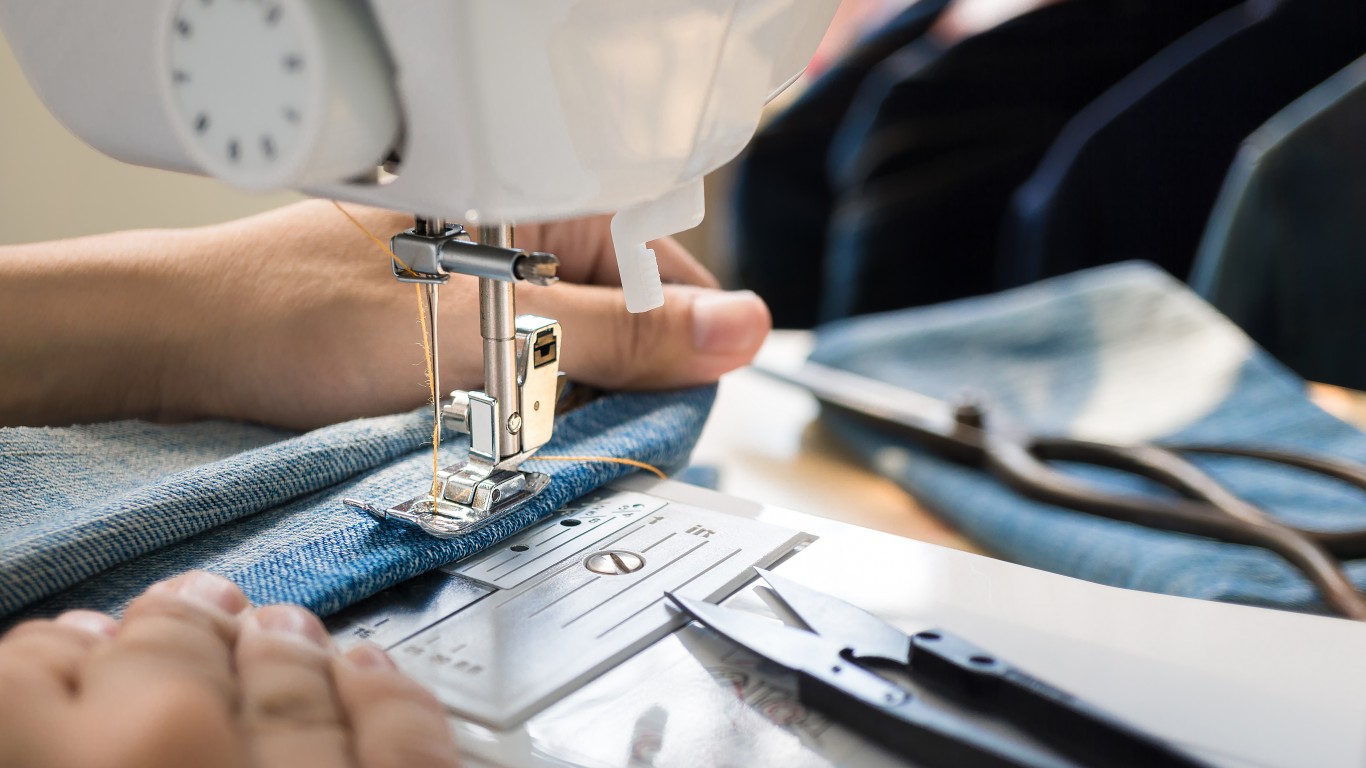
No sewing
> Reasoning: The use of needles is believed to be inauspicious and depletes your wealth for the entire year.
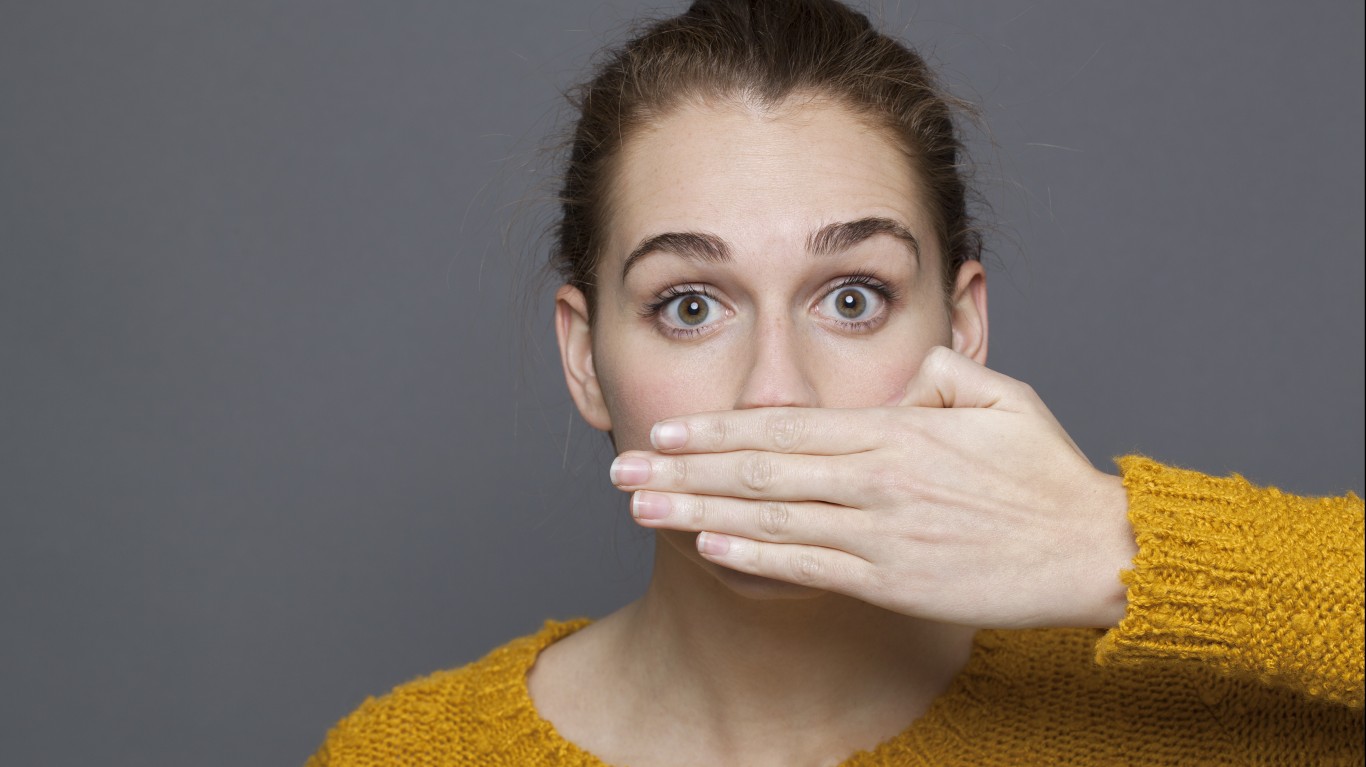
No unlucky words
> Reasoning: By mentioning unlucky words like “sickness,” “poverty,” “killing,” or others with negative meanings you’d be inviting bad luck in your life: e.g. “death” brings death.
[in-text-ad-2]

No sweeping
> Reasoning: You’d be sweeping away wealth and upcoming good luck.

No medicine
> Reasoning: You’ll be sick the whole year. No medicines or doctor visits until the Lantern Festival, which is on the 15th day of the first lunar month.
[in-text-ad]

No taking out the garbage
> Reasoning: You’d be throwing out fortune from your home.

Married daughters cannot visit their parents
> Reasoning: They may be bringing bad luck to their parents’ house. Married daughters visit on the second day of the Chinese New Year.

No crying children
> Reasoning: The cry of a child is believed to bring bad luck, so parents indulge their kids in any way possible to keep them from crying.
[in-text-ad-2]
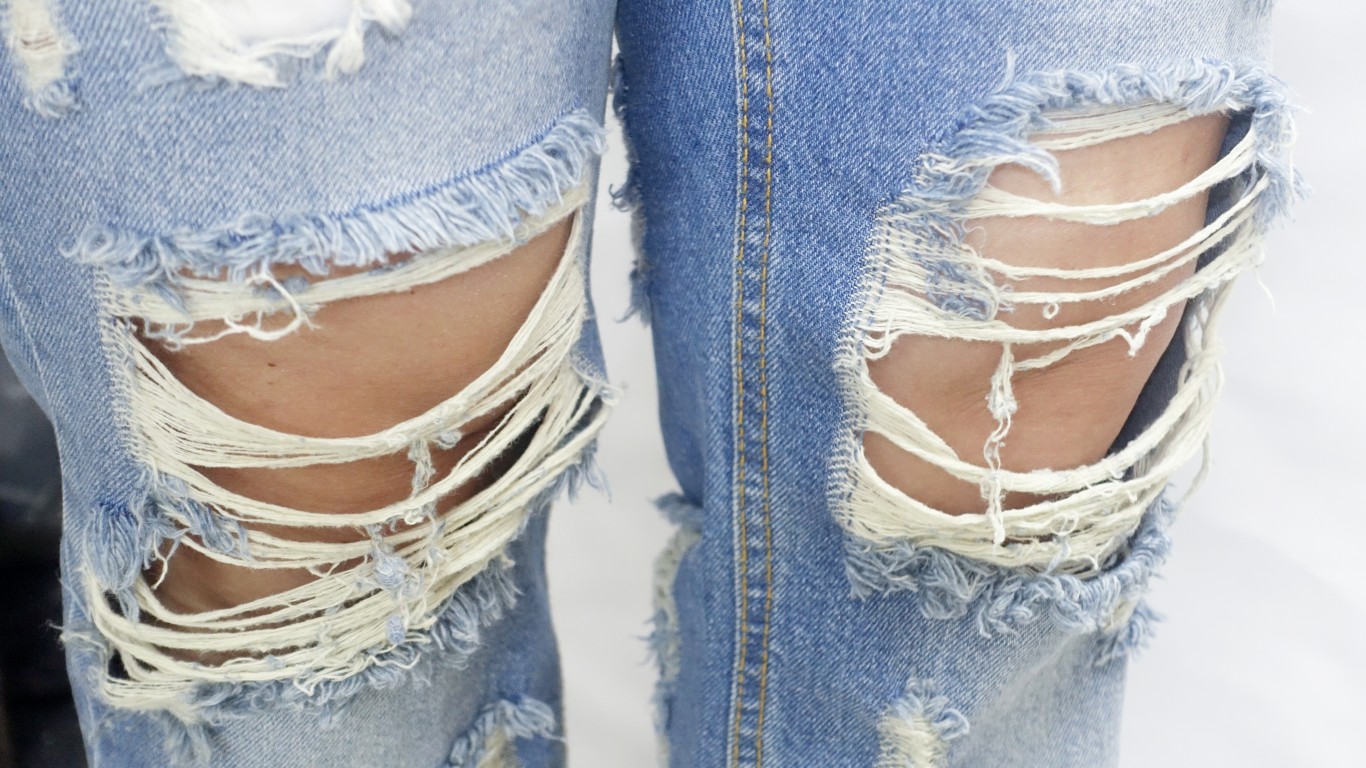
Don’t wear damaged clothes for first lunar month
> Reasoning: Wearing damaged clothes is believed to bring bad luck.

No lending or borrowing
> Reasoning: This is believed to cause financial troubles or loss throughout the new lunar year.
[in-text-ad]
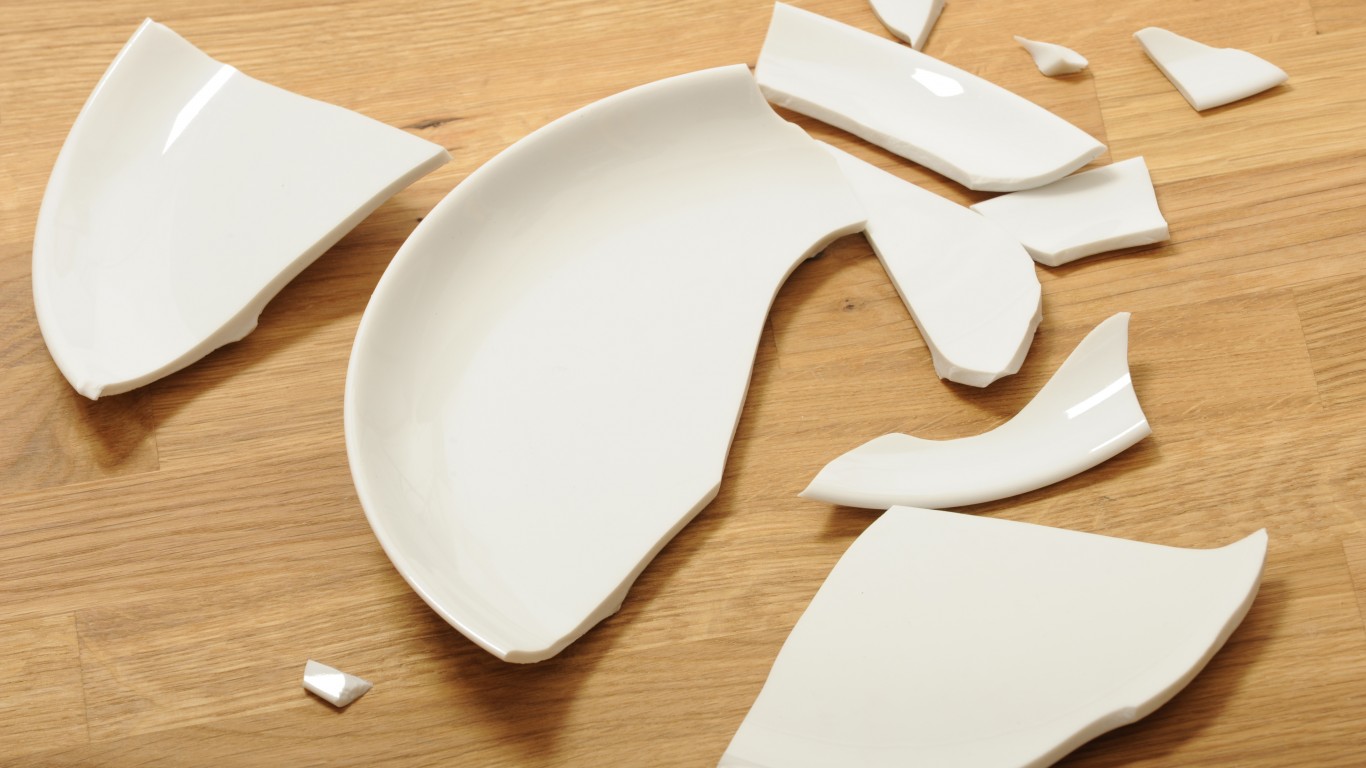
No breaking objects
> Reasoning: Avoid breaking bowls, plates, glass, vases, or mirrors because breaking may result in money loss and family split in the future.
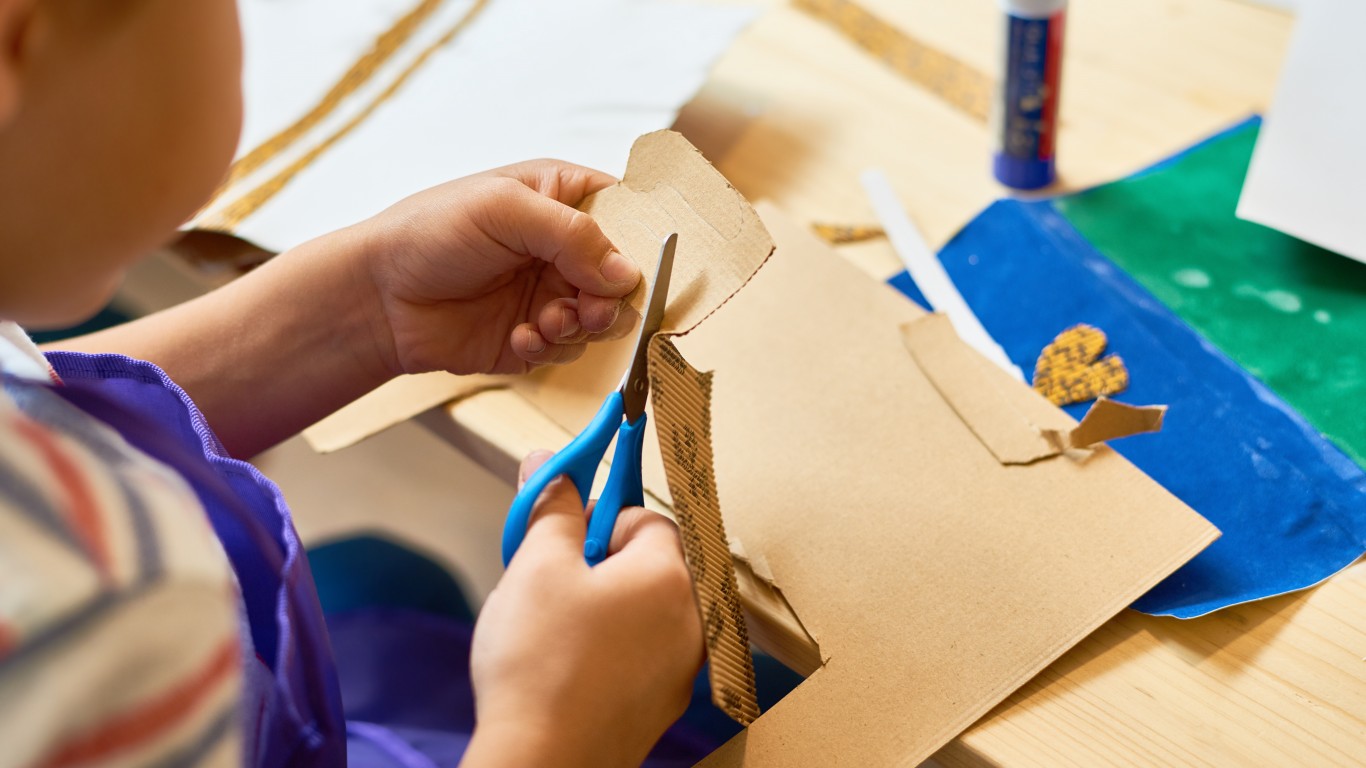
Don’t use scissors
> Reasoning: Using scissors is an omen for possible quarrels with others. Don’t use them during the first lunar month.
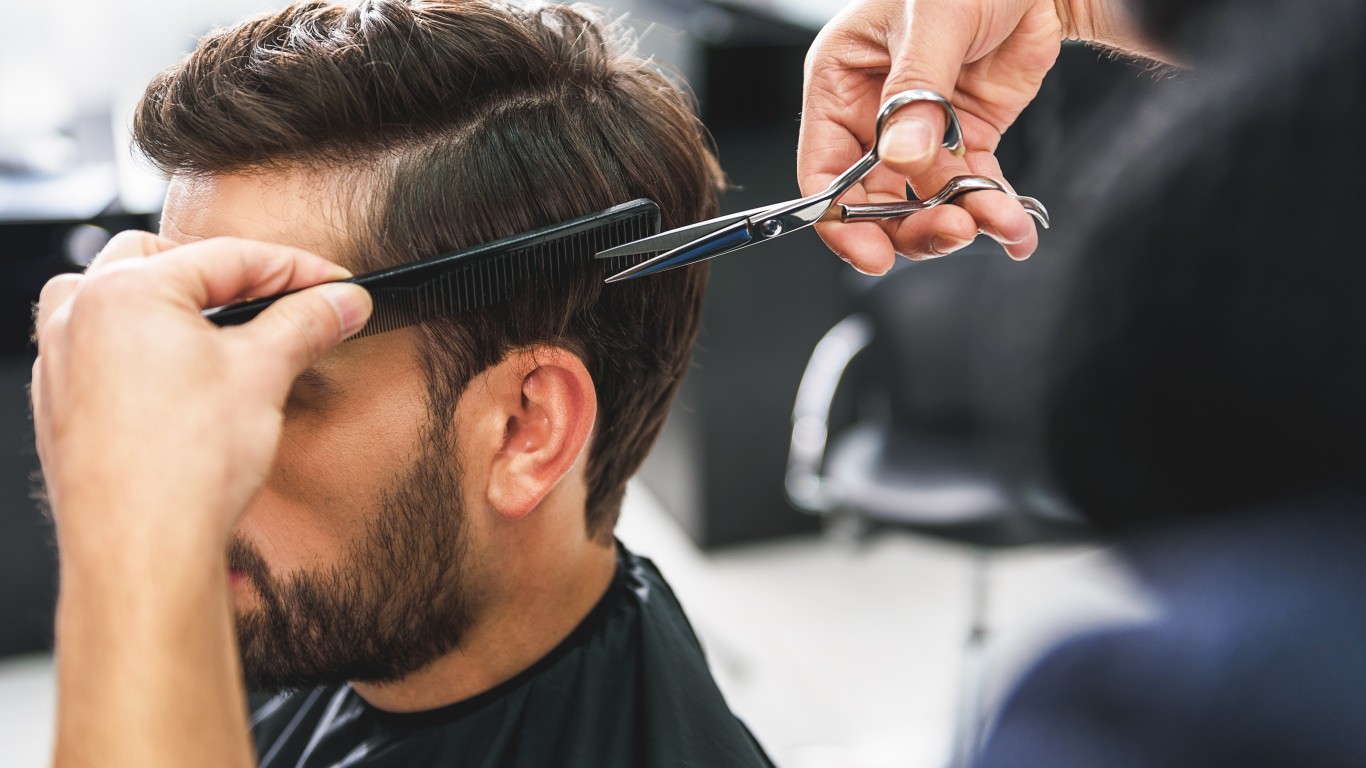
No haircuts
> Reasoning: Never get a haircut on Chinese New Year because it may lead to the death of your mother’s brother.
[in-text-ad-2]

Don’t let the rice jar become empty
> Reasoning: If it gets empty, there may be some days of starvation in the house in the near future. Fill the jar to the brim before the New Year’s Eve as a means to attract money.

No naps
> Reasoning: Napping on the first day of the Spring Festival is believed to make the person who napped lazy all lunar year-round.
[in-text-ad]
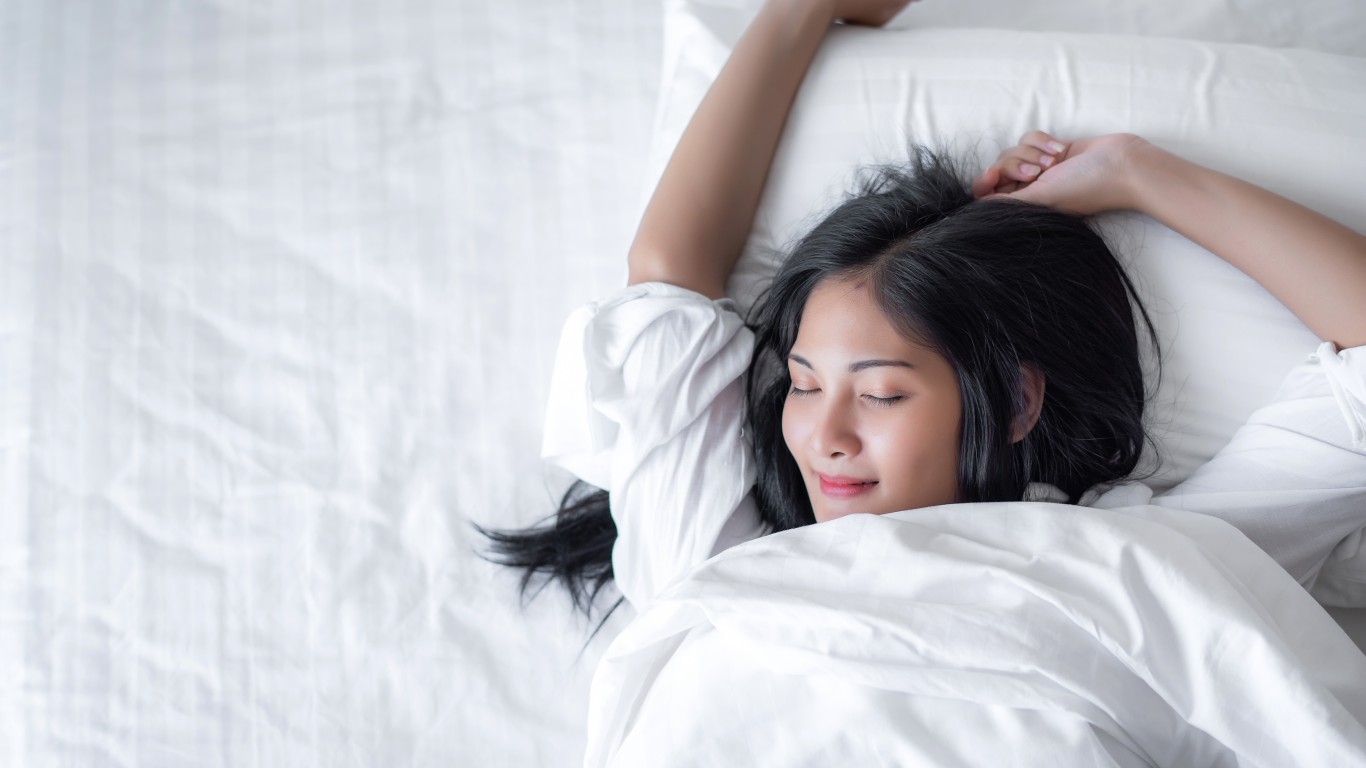
Don’t wake up others
> Reasoning: The person you woke up would suffer anxiety and exhaustion throughout the year from constantly being urged to do their work.

Don’t wear black or white clothes
> Reasoning: These colors are considered funeral colors; therefore, wearing them may bring death in the family.

No hospital visits
> Reasoning: Visiting hospitals during the Chinese New Year period is a bad omen believed to bring illness in the coming year.
[in-text-ad-2]

Certain gifts are taboo
> Reasoning: Clocks, scissors, and pears must not be given as a gift. Clocks mean bad luck, pears are for parting, and scissors symbolize cutting off relationships.
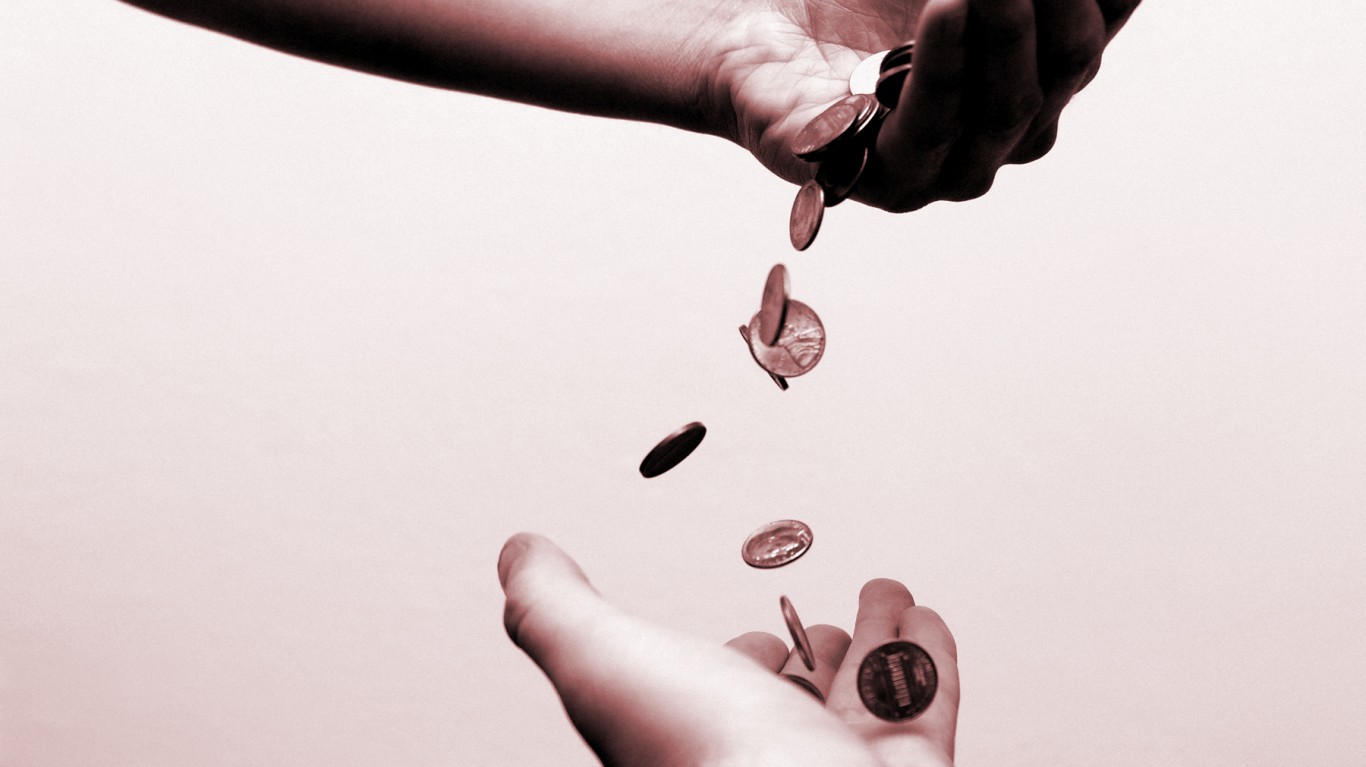
Don’t ask for your money back
> Reasoning: If you’re owed money, don’t go to the person who owes you the money and demand the cash. It’s believed that anyone who does will have a year’s worth of bad luck.
[in-text-ad]

Don’t be a theft victim
> Reasoning: Being a victim of theft during the Spring Festival is even worse than usual. It’s thought to represent all of your wealth being stolen in the coming year.
If you’re one of the over 4 Million Americans set to retire this year, you may want to pay attention. Many people have worked their whole lives preparing to retire without ever knowing the answer to the most important question: am I ahead, or behind on my goals?
Don’t make the same mistake. It’s an easy question to answer. A quick conversation with a financial advisor can help you unpack your savings, spending, and goals for your money. With Zoe Financial’s free matching tool, you can connect with trusted financial advisors in minutes.
Why wait? Click here to get started today!
Thank you for reading! Have some feedback for us?
Contact the 24/7 Wall St. editorial team.